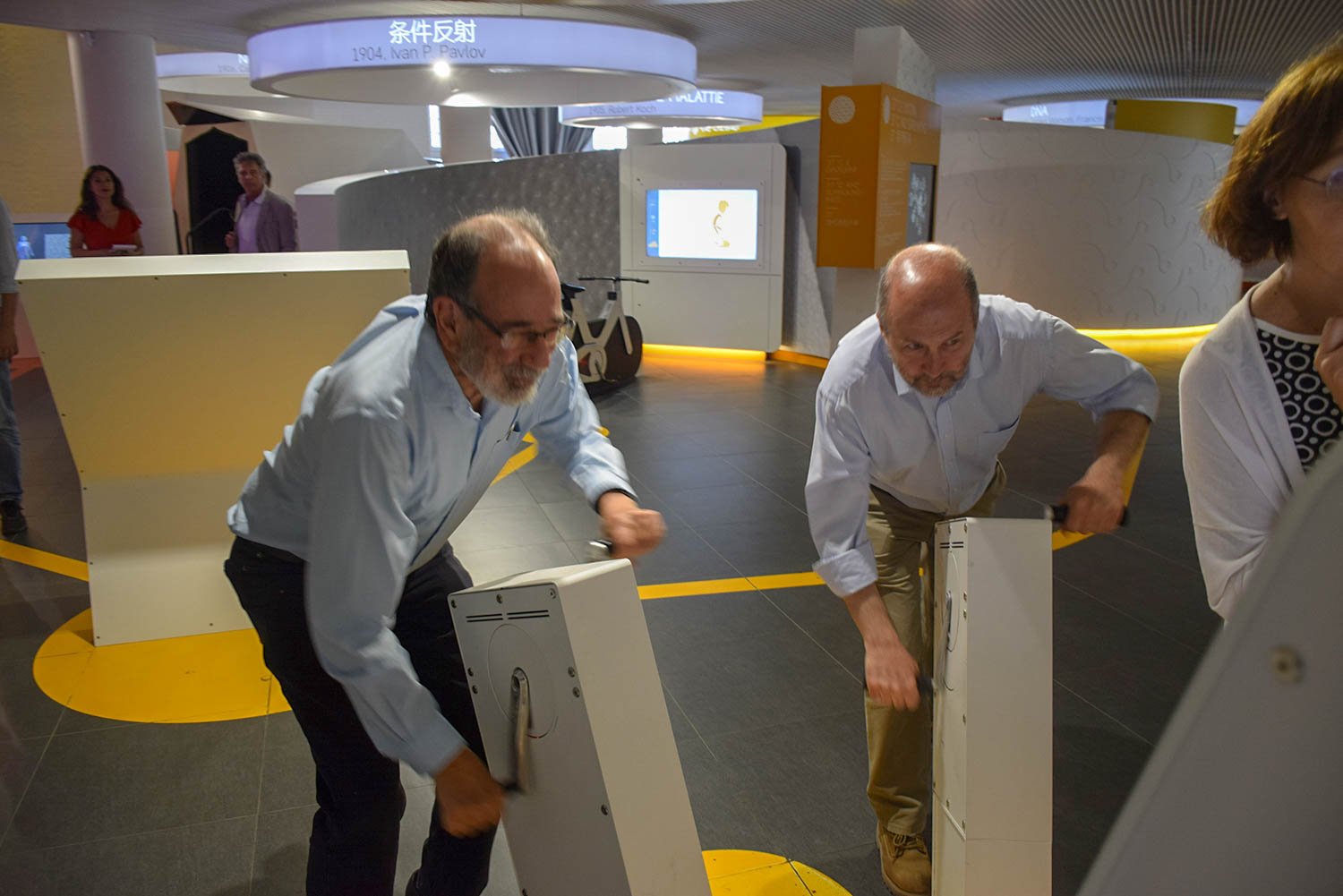Here's a self explanatory email:
And here are the opening paragraphs of the historical context document:
"Pandemic Exposes Fatal Consequences of Dismissing Scientific Expertise
1,220 members of the National Academy of Sciences call for science-based policy
July 16, 2020
“Ignorance and wishful thinking are not effective response strategies in the face of a global pandemic or global climate change,” said Dr. Ben Santer, one of three co-organizers of this open letter. “We need to restore science-based policy in government – but we also need to ensure that science is valued in public discourse and in all levels of our educational system.”
"This call for restoring science to policymaking has a several-year history. In the summer of 2016, while campaigning for the Republican nomination for the U.S. Presidency, Donald J. Trump publicly announced his intention to withdraw the United States from the Paris Climate Accord. This announcement – and Mr. Trump’s public dismissal of climate science as “a hoax” – prompted four members of the U.S. National Academy of Sciences to write an open letter (http://responsiblescientists.org). The letter’s purpose was to affirm the reality and seriousness of human-caused climate change. It pointed out the severe and long-lasting consequences of an eventual U.S. withdrawal from the Paris Climate Accord. At the time of its publication in September 2016, the open letter had 378 NAS signatories."
Dear NAS Colleagues,
We are deeply
appreciative of your decision in spring 2018 to sign the Statement to Restore Science-Based
Policy in Government. website https://scientistsforsciencebasedpolicy.org/
We are writing now to
update you. This past month we contacted members newly elected in 2019
and 2020, asking if they would like to add their names to the Statement.
Although much has happened in the past two years, we decided to keep the text
of the Statement unchanged. Its wording remains as relevant today
as earlier, perhaps even more so.
We are pleased to
report that about 62 percent of the new members have signed, raising the total
number to over 1220. We are now distributing the explanatory
statement below to selected journalists. This statement is also available at
We would be happy if
you would disseminate this information as you think appropriate.
Moreover, should you be in touch with members who have not yet signed the
Statement and wish to do so, please have them email us and we will add their
names.
Regards,
Charles Manski, Ben
Santer, and Ray Weymann, NAS members
********
Here's the closing paragraph of the original (and reissued) letter:
"Scientific evidence and research should be an important component of policymaking. We therefore call on the Federal Government to maintain scientific content on publicly accessible websites, to appoint qualified personnel to positions requiring scientific expertise, to cease censorship and intimidation of Government scientists, and to reverse the decision to withdraw the United States from the Paris Agreement."
******And here are the opening paragraphs of the historical context document:
"Pandemic Exposes Fatal Consequences of Dismissing Scientific Expertise
1,220 members of the National Academy of Sciences call for science-based policy
July 16, 2020
“Ignorance and wishful thinking are not effective response strategies in the face of a global pandemic or global climate change,” said Dr. Ben Santer, one of three co-organizers of this open letter. “We need to restore science-based policy in government – but we also need to ensure that science is valued in public discourse and in all levels of our educational system.”
"This call for restoring science to policymaking has a several-year history. In the summer of 2016, while campaigning for the Republican nomination for the U.S. Presidency, Donald J. Trump publicly announced his intention to withdraw the United States from the Paris Climate Accord. This announcement – and Mr. Trump’s public dismissal of climate science as “a hoax” – prompted four members of the U.S. National Academy of Sciences to write an open letter (http://responsiblescientists.org). The letter’s purpose was to affirm the reality and seriousness of human-caused climate change. It pointed out the severe and long-lasting consequences of an eventual U.S. withdrawal from the Paris Climate Accord. At the time of its publication in September 2016, the open letter had 378 NAS signatories."







